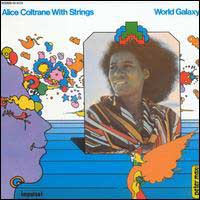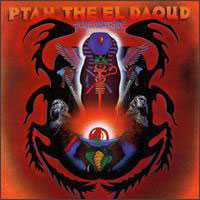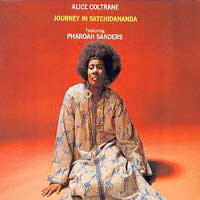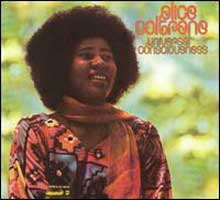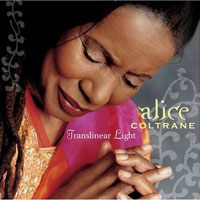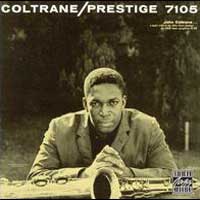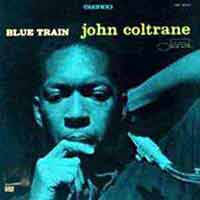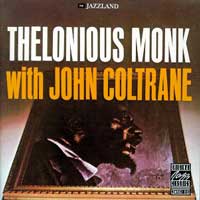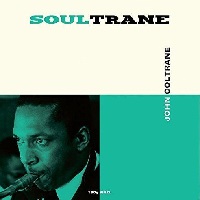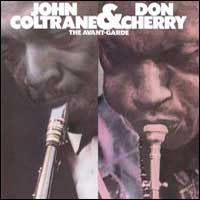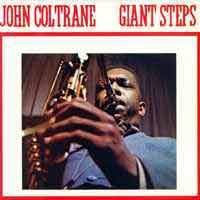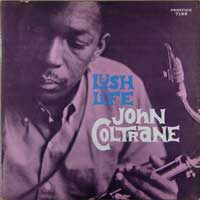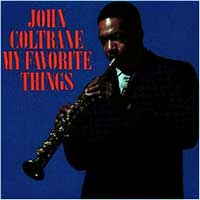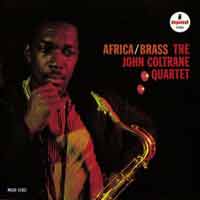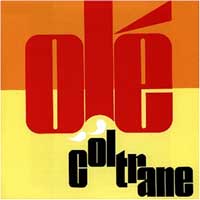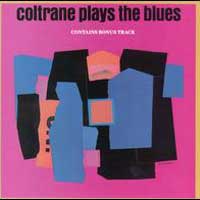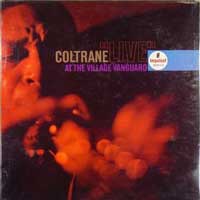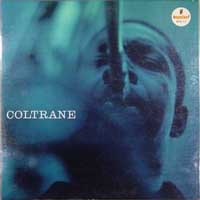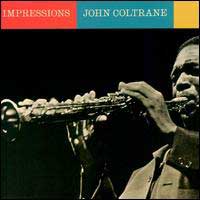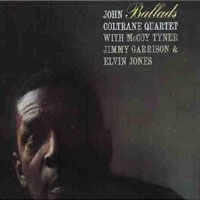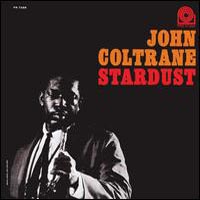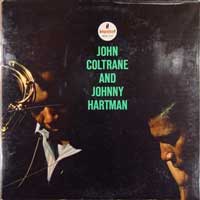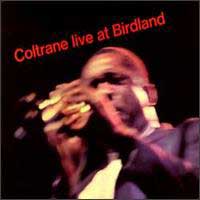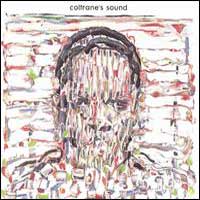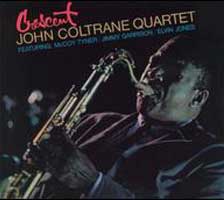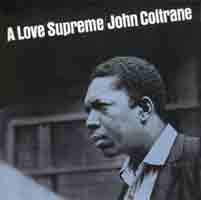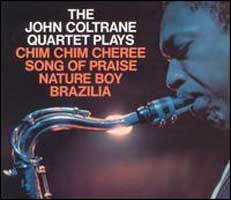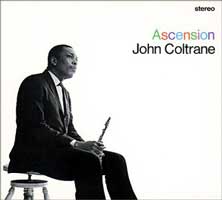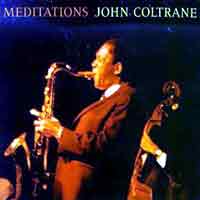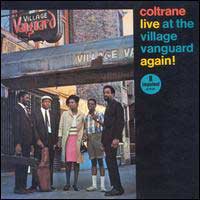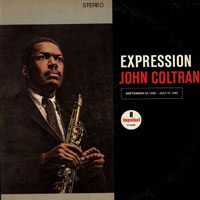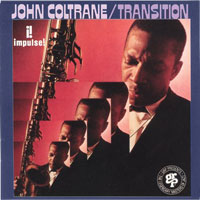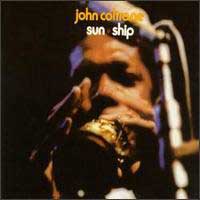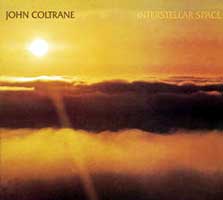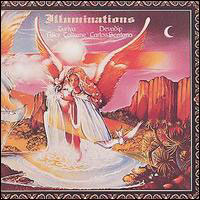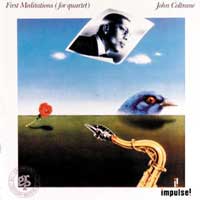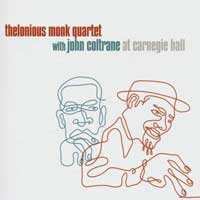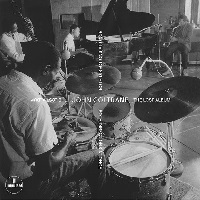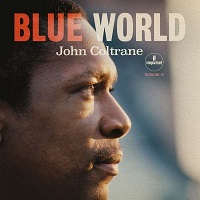|
Alice Coltrane had become a musical world unto herself by the time she
issued World Galaxy, recorded in late 1971. With jazz-rock fusion taking
over the mainstream and the terminal avant-garde heading over to Europe,
Coltrane stubbornly forged an insistent, ever-evolving brand of spiritual
jazz that bore her own signature as much as it did her late husband's
influence. On the two days in November when World Galaxy was recorded,
Coltrane chose drummer Ben Riley, bassist Reggie Workman, violinist Leroy
Jenkins, saxophonist Frank Lowe, and timpanist Elayne Jones in addition
to a string orchestra of 16 to help her realize her latest vision. Coltrane
herself plays piano, harp, and organ on this date, sometimes within a
single track, as she does on her glorious post-modal reworking of "My
Favorite Things." This was a gutsy move, considering it was one of
John Coltrane's signature tunes, but Alice has it firmly in hand as she
moves from organ to harp to piano and back, turning the melody inside
out wide enough for the strings to whip up an atmospheric texture that
simultaneously evokes heaven and hell and skewers the prissy nature of
the tune in favor of bent polyharmonics that allow the entire world of
sound inside to play. The jazz modalism Coltrane presents on "Galaxy
Around Olodumare" is quickly undone by Lowe in his solo and reconstructed
into polyphony by the string section; it's remarkable. The harp work on
"Galaxy in Turiya" (Alice's religious name) is among her most
beautiful, creating her own wash of color and dynamic for the strings
to fall like water from the sky into her mix. As colors shift and change,
the rhythm section responds, and focuses them in the prism of Coltrane's
textured harpistry. The album closes with another John Coltrane signature,
"A Love Supreme," here given an out of this world treatment
by the band with Jenkins playing full force through the middle of both
channels. There is a narration by Coltrane's guru inside it, a poem really,
spoken by the great guru Satchidananda, which no doubt would have moved
John Coltrane, but the real news is Alice's killer, funky breakbeat organ
solo that covers the tune top to bottom in blues, in stark contrast to
Jenkins' improvisation. This set may take some getting used to for some,
but it's easily one of the strongest records Alice Coltrane ever released,
and one of the finest moments in jazz from the early '70s.
(by Thom Jurek, All
Music Guide)
|
